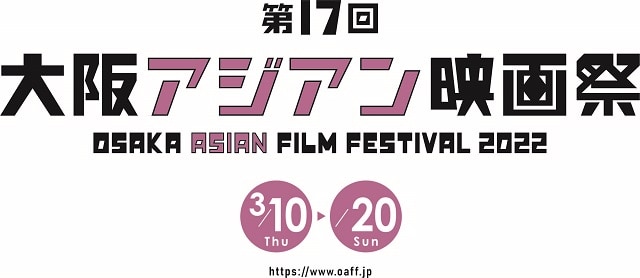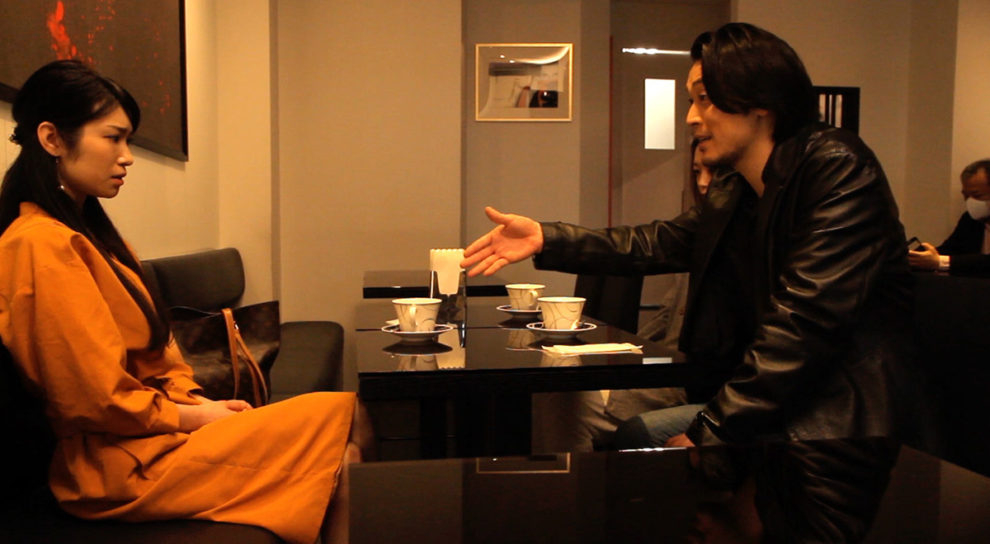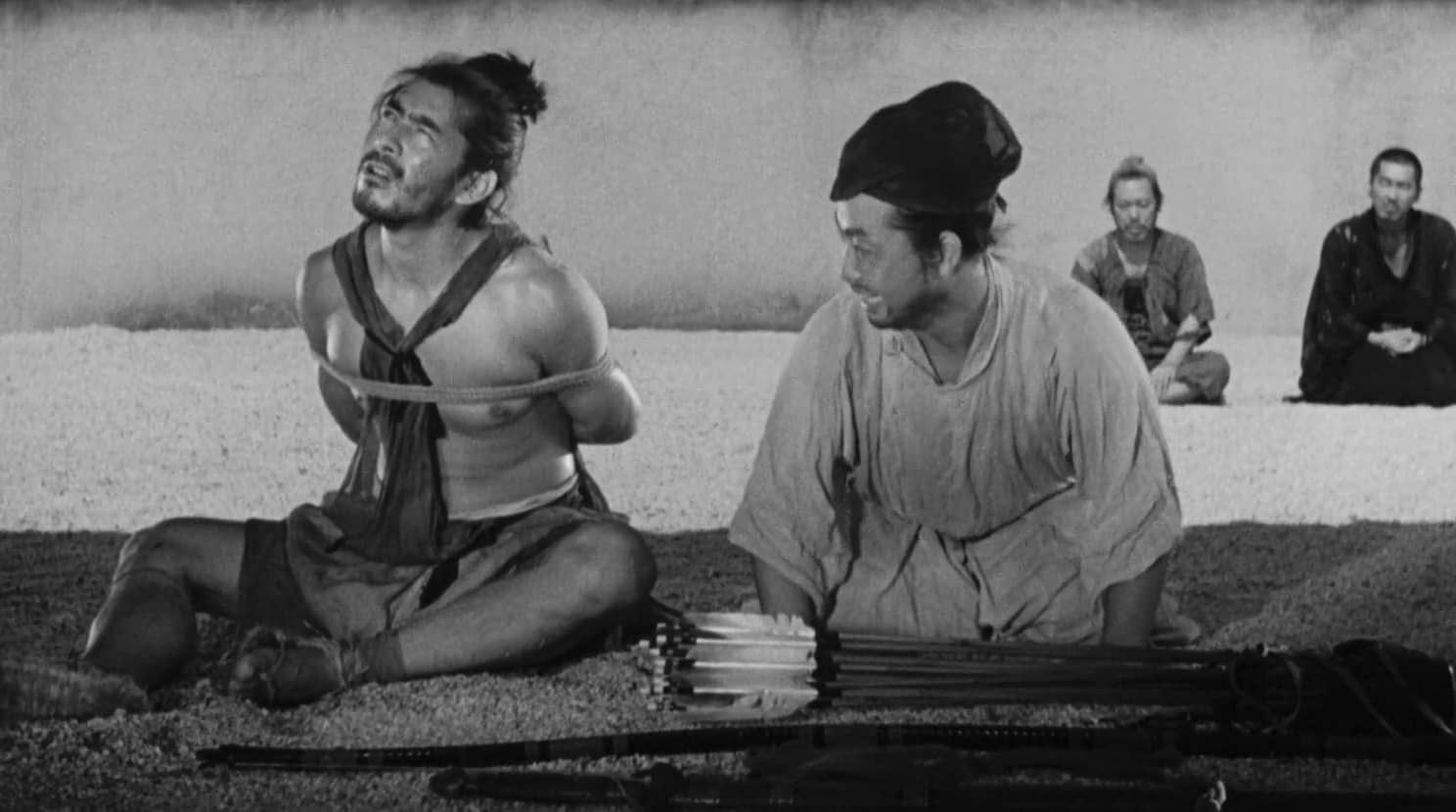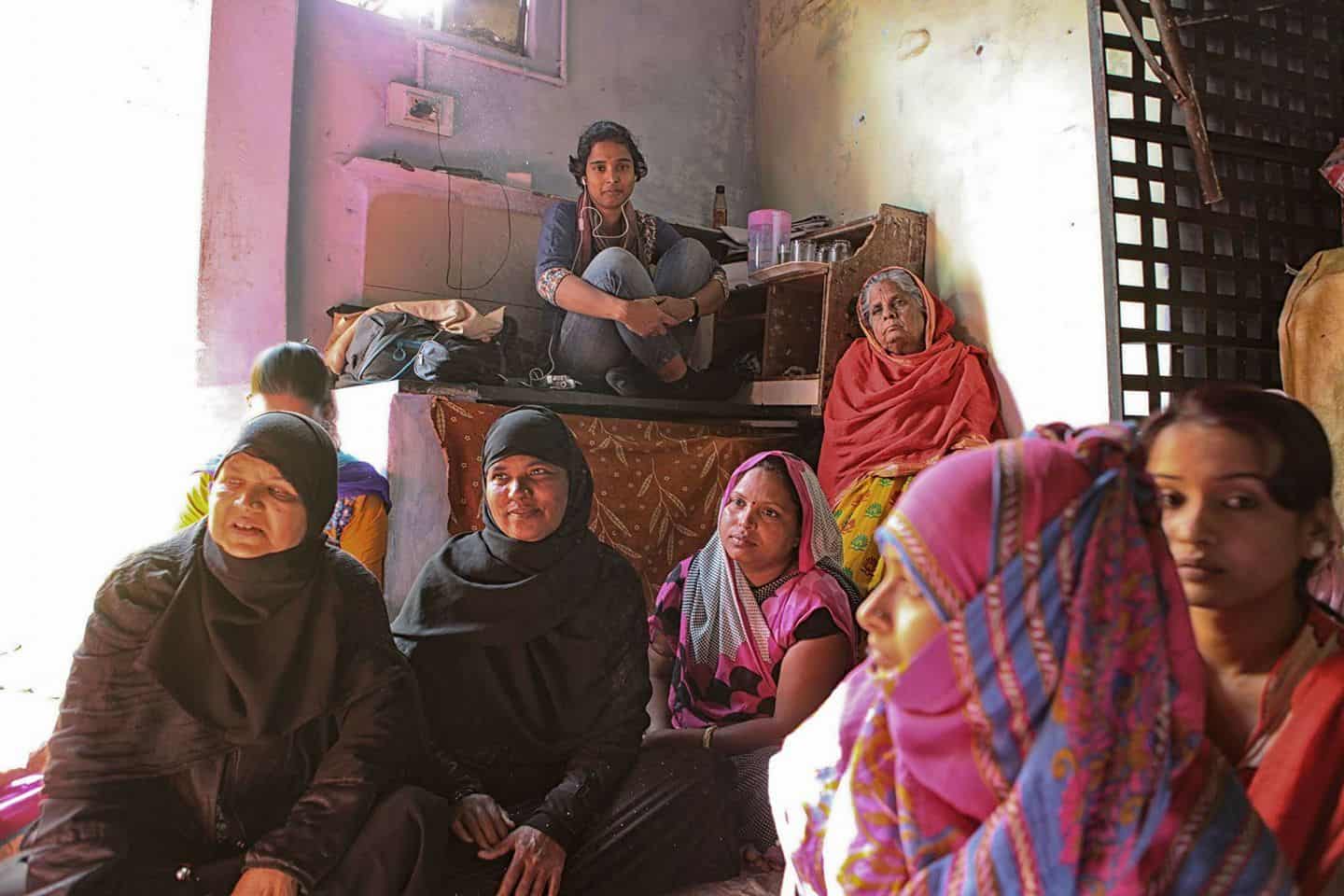Nomikai aka drinking parties is a phenomenon particular to Japanese culture, mostly taking place in various work fields, from schools to nightclubs, with the employees usually expected to participate to some extent, as it is considered a social aspect of work, although it is not expressly required. Essentially, the nomikai, along the SNS, have replaced a large part of the “normal” social interactions in the country, as “spending superficial time with others cultivates a momentary feeling of inclusion”, as per Riki Ohkanda, the director of “Random Call” words. In a work that started as a novel in 2012, before eventually becoming a script in 2016 and a full movie of just $700 USD budget by 2022, Ohkanda focuses on this aspect of the local society, and conjunctively, to the human need for social interaction.
Random Call screened at Osaka Asian Film Festival

Ryo's life is in shambles. It has been years since his acting career has led him to protagonist roles, with his fights with his agent being constant, as much as the ones with his mother, who is particularly unhappy with seeing her son being stuck in a circle of failure, as the unsuccessful auditions and the lack of any kind of meaningful social interaction highlight. A sudden phone call from an old friend, however, who lived for a bit in Europe and was impressed on how much more people, even strangers, are connected there, introduces Ryo to a social experiment called “Random Call”. The idea is to just start calling people from one's phonebook, and just meet in order to sustain a social connection. Ryo decides to play, and his phone calls lead him to ex-colleagues, ex-girlfriends, ex-classmates, and Mie, a former acquaintance who is soon revealed to be as lost as him. Gradually, these interactions start changing his life for the better.
Riki Ohkanda directs a film of episodic nature, with Ryo's interactions highlighting different aspects of Japanese society. The concept of Nomikai takes center stage, with the director showing how such futile endeavors have led to intense lack of meaningful connections with others. A series of meetings with former friends, including a rather funny one with a rock singer, continue in the same path, but the one who stands out is the one with Mie, which starts awkwardly and in misunderstanding, but soon blooms into something really significant for both, as the girl also get her own arc in the movie.
Truth be told, the episodes seem a bit disconnected with each other, while the overall comments, and particularly the recurring appearance of the friend who introduced the concept, are a bit too on the nose, occasionally bordering on becoming sanctimonious. However, the way Ryo changes through these interactions brings them all together, an approach that is cemented in the one with his little brother, when he finally manages to really connect with his family. Furthemore, a more general comment, about the “inherent” hardship Japanese people have, of opening up and connecting, not to mention any kind of physical interaction, as in the case of a simple handshake for example, also helps in connecting the movie's aspects.
Despite the low budget, which is mirrored in the quality of the image, the production values are at a more than acceptable level, with the job done in the cinematography, editing and sound being quite good, considering the limitations here. On the other hand, the mellow music could be presented much more briefly, since, after a point, it becomes somewhat tiring to listen to.
The same prowess applies to the acting, with the cast including a number of directors actually, something that definitely benefits the overall quality here. Tensho Shibuya is convincing as Ryo, even if a bit more “tension” would definitely benefit his acting, while Ako as Mie steals the show both with her beauty and overall acting. Rairu Sugita, who recently starred in the excellent “Sanka: Nomads of the Mountain” adds some quality in that regard, as Ryo's younger brother.
“Random Call” has its issues, with Ohkanda's insistence to present all the thoughts and comments she wanted resulting in a bit of “too much context” for a 77 minute film, but overall, the whole endeavor emerges as a worthy effort that definitely overcomes its budgetary limitations, resulting in a rather easy to watch title.
















